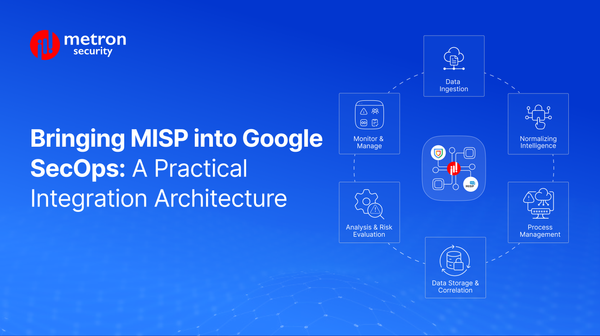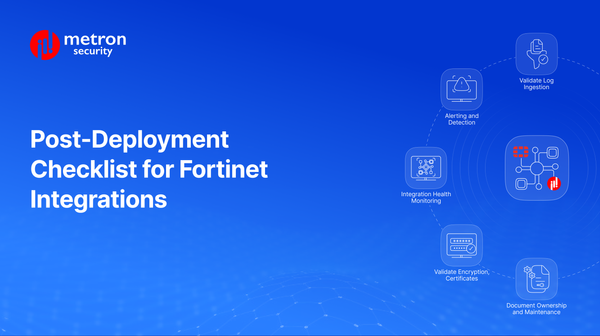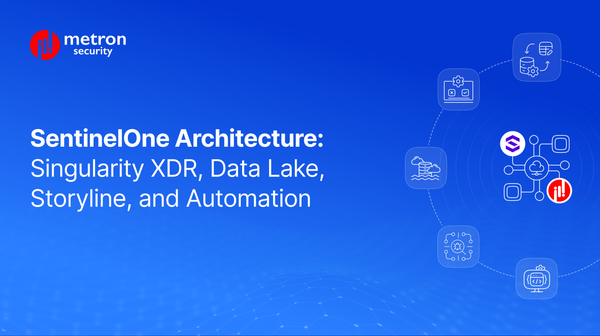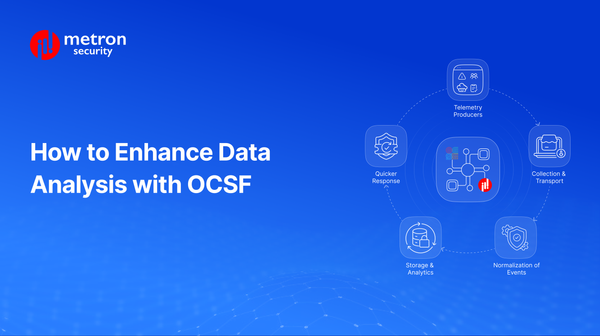What is a Splunk Integration? Definition and Use-Cases
Splunk is widely used for its log retrieval and data sharing abilities, and is commonly integrated with a variety of tools such as SaaS cloud software like ServiceNow.
Alexander Nachaj
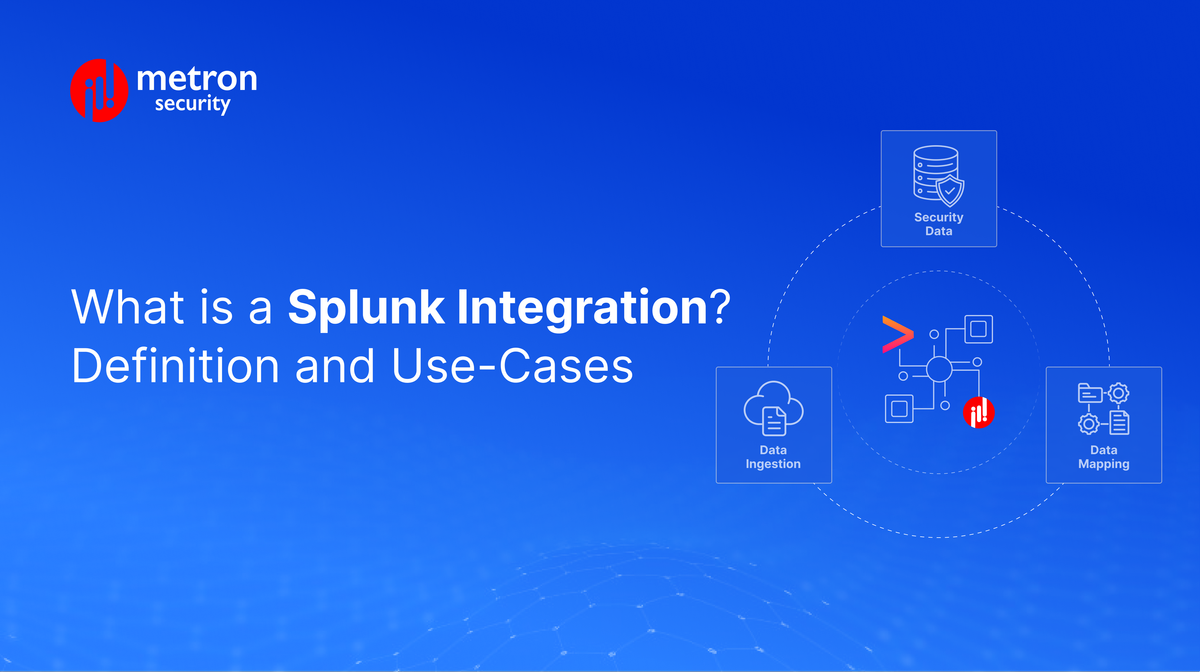
Splunk as a SIEM
Splunk is a data-driven SIEM tool that specialises in indexing and retrieving log files from your systems while also providing additional layers of observational intelligence.
Out of the box, it allows your operators to search, examine, and monitor your data from a single aggregated dashboard. It also serves the dual purpose of correlating and visualising said data for reports, dashboards, and alerts. While the platform can serve many roles in many industries, it is widely used for security and compliance procedures for SecOps teams at major organisations.
What Splunk offers to SOC (Security Operations Centre):
- For a SOC, Splunk provides real-time insight into the status of your organisation’s security.
- The security posture with Splunk- Enterprise Security is a single page dashboard giving the SOC insights into the current state of security in the organisation.
- Reduces false positives.
- Faster data querying and threat analysis for insight segmentation.
- Deployment support across different environments.
Also Read: Know Your SIEM Solutions: Splunk SIEM
What does it mean to integrate Splunk? What is Splunk used for?
Integrating is the process of bridging two apps or subsystems into a single system, often for the purposes of data enrichment or for more agile reporting. In the cybersecurity sector, Splunk is widely used for its log retrieval and data sharing abilities and is commonly integrated with a variety of tools such as SaaS cloud software like ServiceNow.
As far as platforms go, Splunk is remarkably integration-friendly. Facilitating this process are Splunk apps - extensions of the main platform's functionality and UI designed to serve specific organisational needs. These apps are composed of various objects (such as lookups, eventtypes, etc.) and can be leveraged with other apps or add-ons. Of note, there is no limit to the number of apps that Splunk can run simultaneously, meaning that an organisation can widely integrate Splunk apps with other tools and platforms.
As such, Splunk can integrate with a number of major tools and platforms using the services available from their app exchanges or market places. However, due to the sheer volume and variety of tools out there, custom integrations may be needed to connect your systems together or to set up more complex integrations.
Why Splunk Integrations Matter
Splunk can play a valuable role in your security automations through integrations.
For instance, creating incidents from custom alert actions in ServiceNow is a common workflow. Connecting Splunk with ServiceNow allows operators to leverage Splunk's SIEM capabilities in order to automate incident creation. When creating a report in ServiceNow, operators can set Splunk to generate custom alerts with select parameters, firing in real-time based on certain triggering events.
- Pushing security data from Amazon Web Service to the Splunk platform: Connecting AWS with Splunk allows your team to automate data retrieval from your web platform based on certain rules and criteria. By focusing on security data, you can automate the integration to push specific data based on specific rules.
- Seamlessly ingest data from multiple sources XDR, TIP, intrusion prevention systems (IPS), servers, and applications: This leverages SOAR’s capability to automate the creation of actionable investigation workflows.
- Data model - ES - operations and mapping the data: The process of applying structure and hierarchy to the raw data is called a Data Model. When an external product generating data is integrated with Splunk, a collection of datasets representing the different modules of the integration comes under a data model.
Considering venturing into security automation and integration? Metron has experience integrating multiple SIEM tools with primary systems, along with setting up automation components.
If you are considering any custom cybersecurity solution that focuses on the resources and needs of your organisation, please send a note to connect@metronlabs.com.

